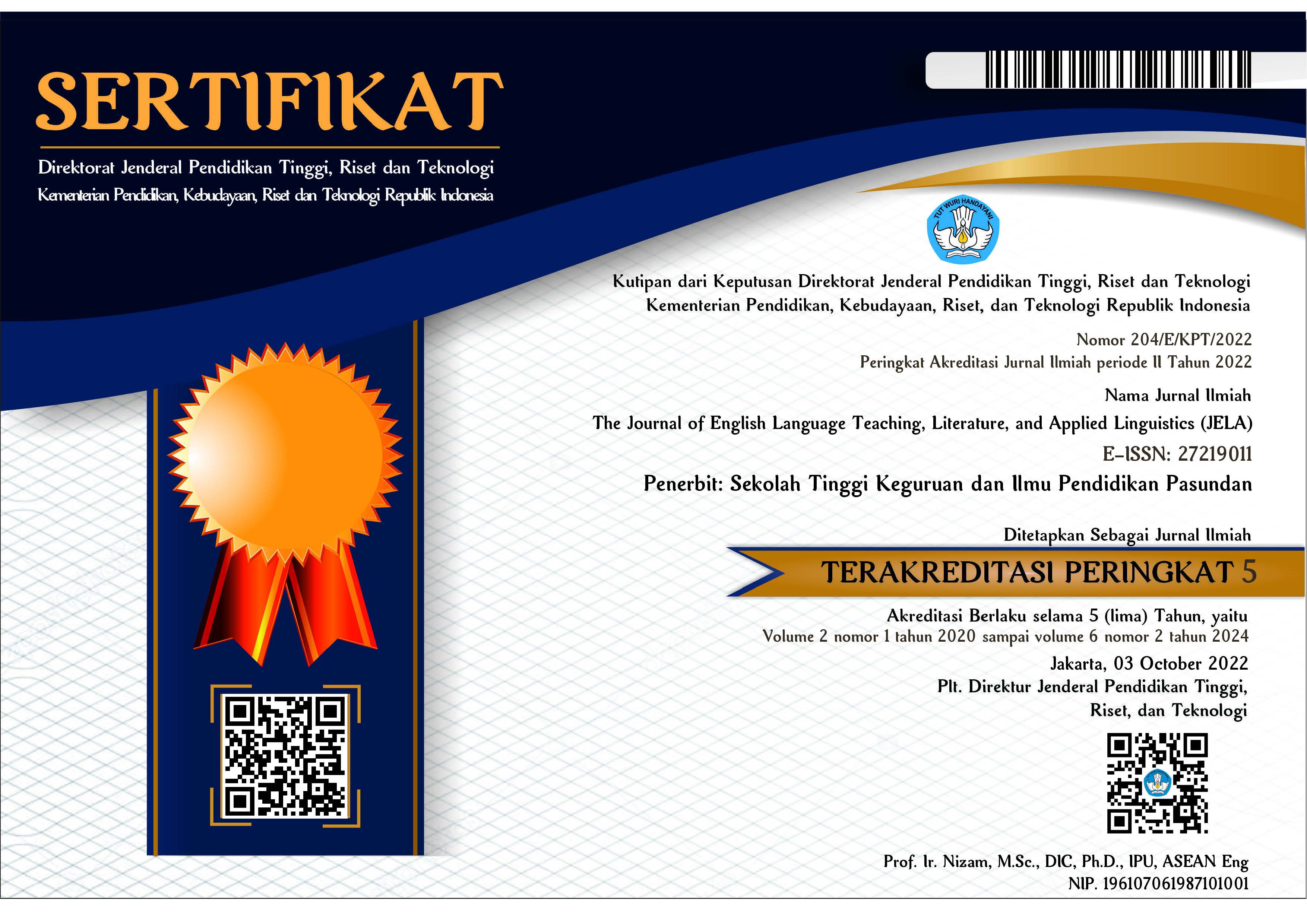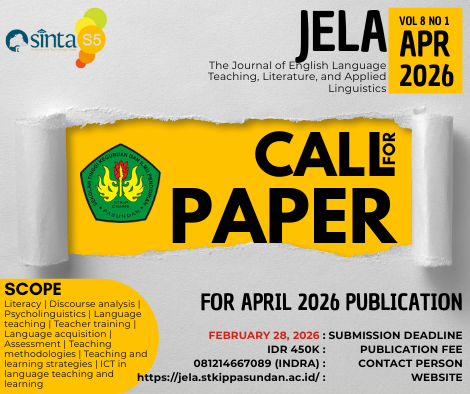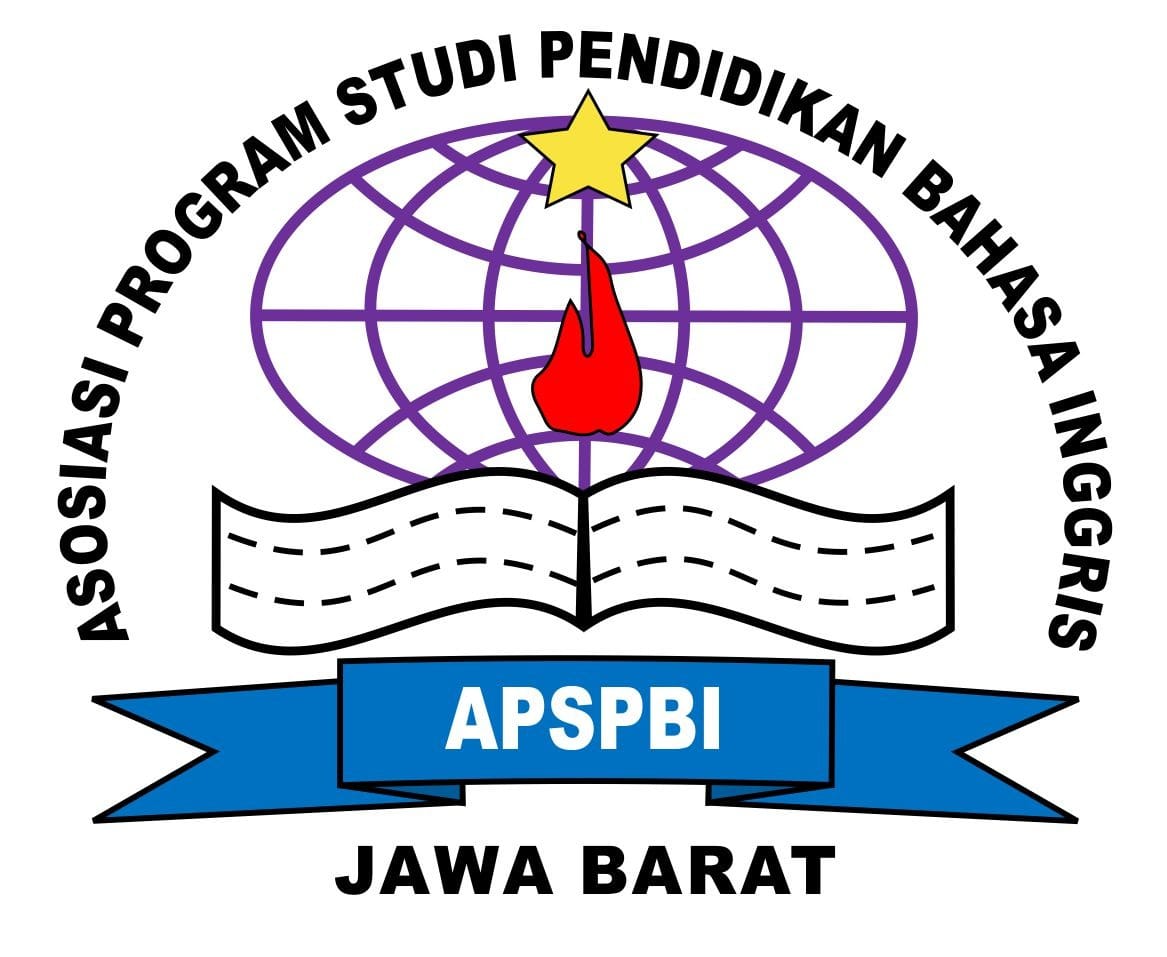EXAMINING THE USE OF AI TOOLS IN ACADEMIC WRITING: EFFECTS ON THE CRITICAL THINKING SKILLS OF EFL LEARNERS
DOI:
https://doi.org/10.37742/jela.v6i2.155Keywords:
AI tools, academic writing, critical thinking skills, EFLAbstract
This study investigated the integration of AI tools in an EFL writing classroom and their influence on developing students' critical thinking abilities. Using a qualitative case study methodology, the study lasted six weeks and included 25 university-level EFL students. Classroom observations, semi-structured interviews, and writing task analyses were used to gain insight into how AI technologies help students with idea creation, argument formulation, writing refinement, and highlighting potential obstacles. The study found that AI technologies dramatically improved students' abilities to create cohesive arguments, fix language, and incorporate evidence into their writing. Classroom observations revealed improved involvement and cooperation as students discussed suggestions for efficiently using AI technologies. However, overreliance on AI-generated ideas was observed, particularly among less confident authors. Semi-structured interviews found that, while students liked the tools for lowering anxiety and boosting brainstorming, they understood the importance of balancing AI use with autonomous critical thinking. Writing task studies revealed significant gains in logical thinking and coherence across drafts. This study concerns the potential of AI technologies to improve critical thinking in EFL writing while emphasizing the significance of targeted educational interventions. Future studies should examine long-term effects and different settings to improve AI-supported learning environments.










